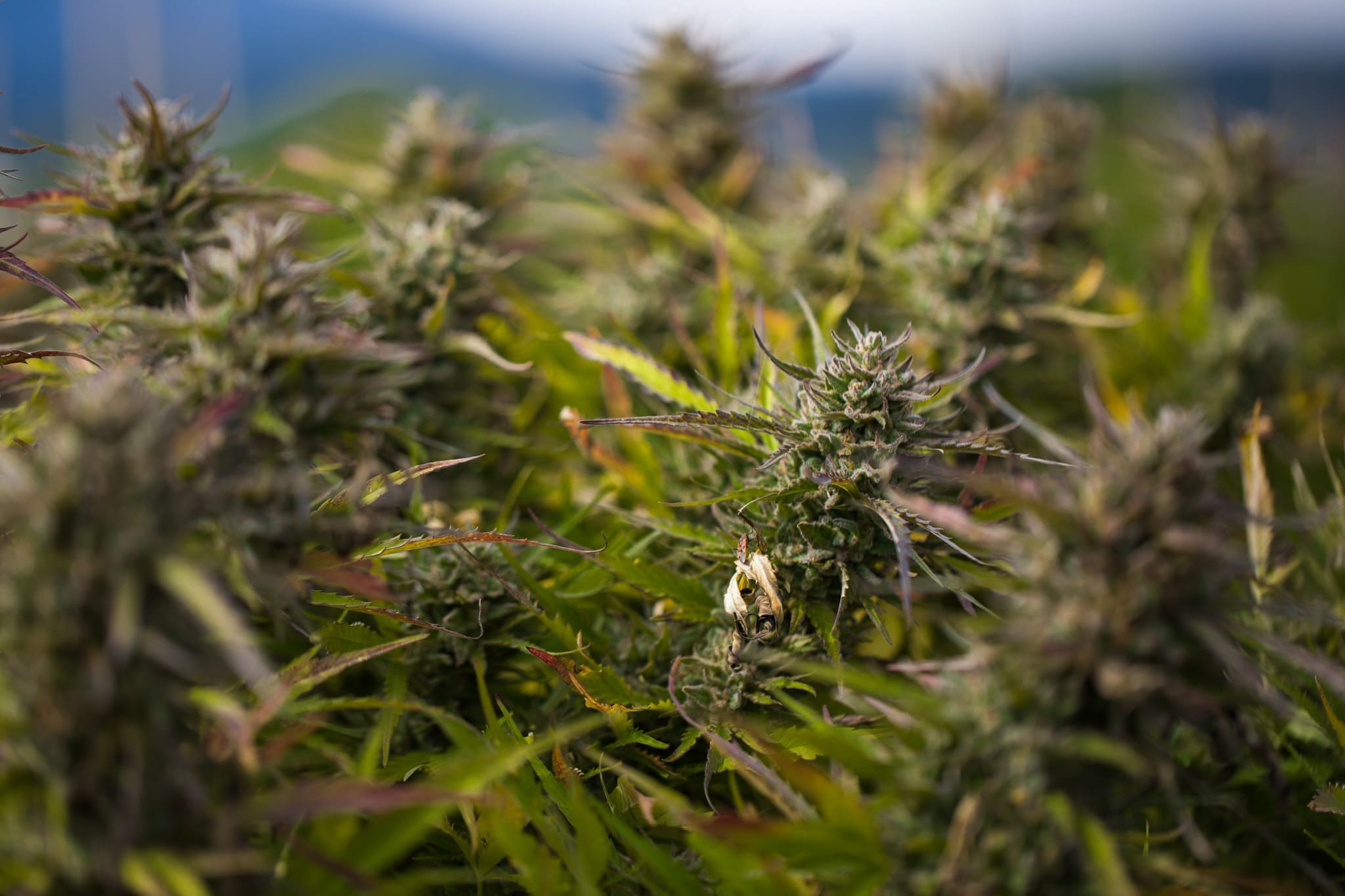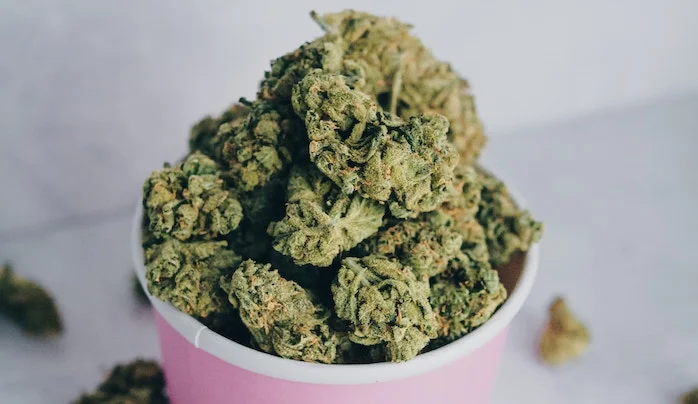Debunking Myths About CBD

Whether you are a CBD consumer, a healthcare professional, or simply curious, this article is addressed directly to you.
Indeed, I will untangle facts from fiction to provide a clear and precise understanding of cannabidiol.
Moreover, what you will discover here could transform your perception and concretely influence your daily use of CBD.
So, let’s dive together into this fascinating and enriching scientific journey right now.
CBD Decoded
Cannabidiol, or CBD, is a molecule naturally present in cannabis. Unlike THC, it causes neither euphoria nor altered consciousness. Medically, the FDA has approved a pure cannabidiol under the name Epidiolex. This treatment targets certain forms of epilepsy, such as Dravet and Lennox-Gastaut syndromes, as well as tuberous sclerosis complex.
At the same time, other studies explore CBD’s potential to reduce anxiety. The results appear encouraging, but they remain preliminary. Future large-scale studies will need to confirm these findings.
Regarding regulation, the rules differ depending on the country. In the European Union, the 0.3% THC limit applies to authorized hemp varieties. In France, the Council of State validated the sale of flowers and leaves with low THC content in December 2022. However, this commercialization remains subject to strict conditions and various controls depending on the product category.
Finally, the quality of CBD depends on many factors: chosen variety, extraction process, laboratory testing, and traceability. For an informed choice, it is essential to favor brands that provide certificates of analysis (COA).
Common Misconceptions About CBD
Debunking Addiction
Contrary to a widespread belief, cannabidiol (CBD) causes no dependency. In 2018, the World Health Organization confirmed that CBD does not lead to abuse or addiction, whether physical or psychological. Moreover, this molecule remains non-intoxicating: it produces neither euphoria nor hallucinations, unlike THC. In addition, some studies suggest that CBD may even reduce cravings for more harmful substances, such as tobacco, opioids, or THC itself. However, these observations still need to be confirmed by large-scale clinical research.
Clarifying Legality in 3 Key Points:
- CBD is legal in many countries and U.S. states, provided it comes from industrial hemp.
- The THC content must generally remain below a legal threshold (in Europe, for example = 0.2–0.3%, in France = 0.3%).
- Regulations vary depending on the jurisdiction: always check local laws before any use or purchase.
Scientific Realities About CBD
Cannabidiol (CBD) is a non-intoxicating compound of cannabis, unlike THC which causes euphoric effects. Its properties are attracting increasing interest from medical and scientific research.
Studies show that CBD may help reduce anxiety and certain chronic pain conditions through its interaction with the endocannabinoid system (ECS). The ECS is a complex network of receptors (CB1 and CB2), enzymes, and endocannabinoid molecules found throughout the body. It plays a key role in regulating mood, sleep, appetite, memory, and immune response. CBD indirectly modulates these receptors, promoting physiological balance without producing any psychoactive effect.
CBD also shows potential anti-inflammatory and neuroprotective properties, identified in preclinical research. While some applications are still under investigation, one area has already been validated: in certain cases of treatment-resistant epilepsy, CBD has demonstrated its effectiveness and is used in approved medications, such as Epidiolex.
Thus, far from misconceptions, CBD is supported by science and has concrete applications while continuing to be studied for new therapeutic uses.
Potential Side Effects
However, like any active substance, CBD may present possible side effects. Some users have reported dry mouth or a slight drop in blood pressure after consumption.
The Guide to Healthy Use
To fully benefit from CBD without risk, it is essential to use it in moderation. Start with a small dose before gradually increasing according to your specific needs and personal tolerance to this product.
